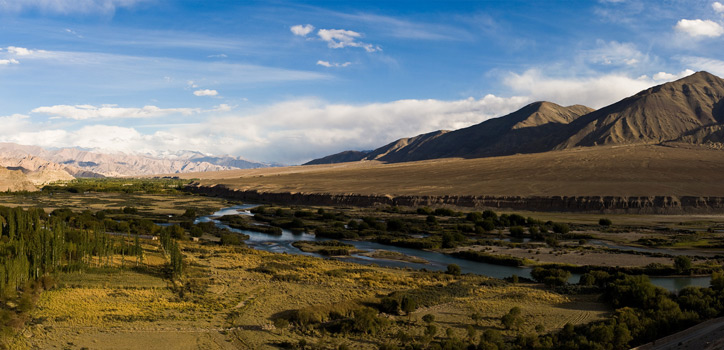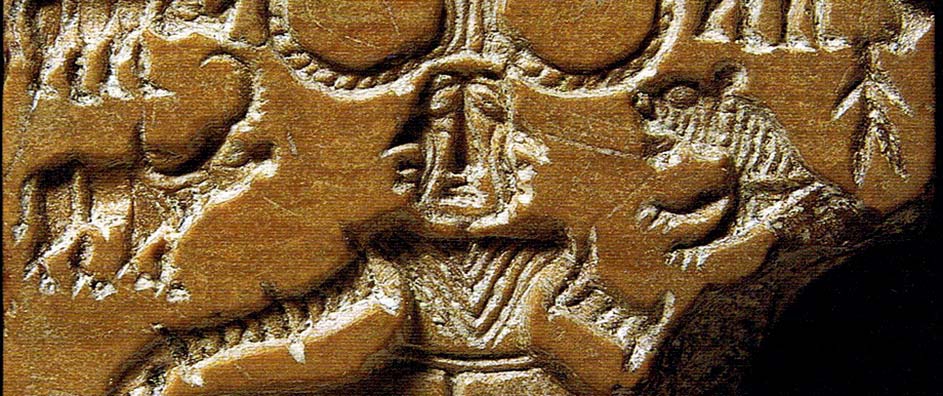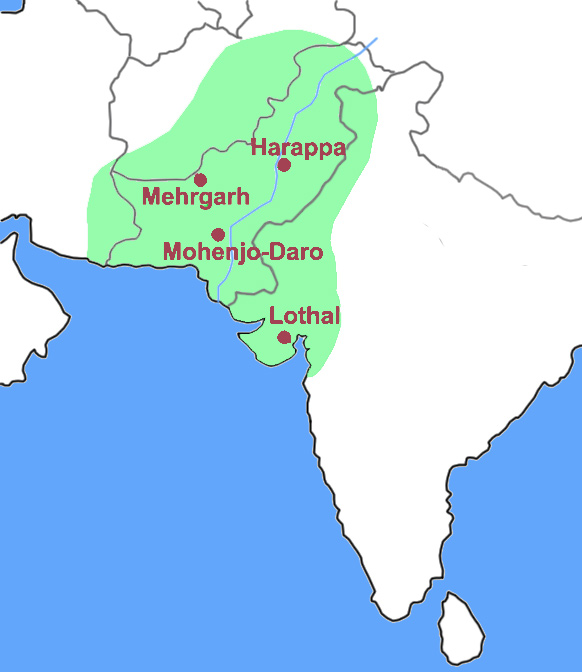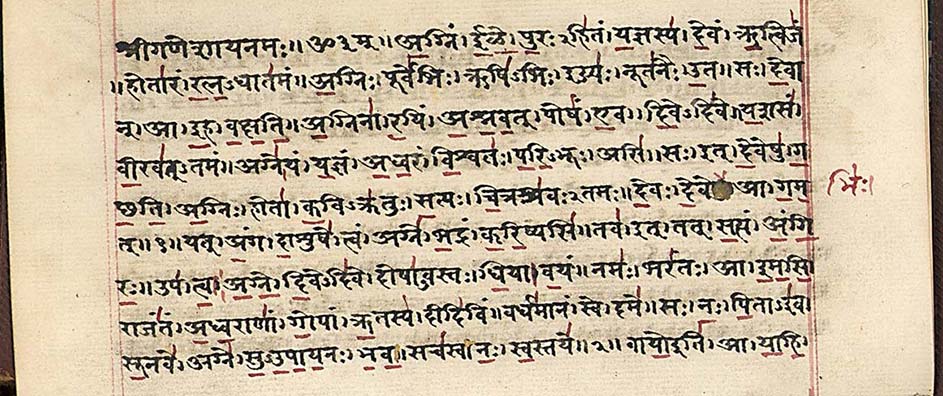The views expressed in our content reflect individual perspectives and do not represent the authoritative views of the Baha'i Faith.
Blessed souls — whether Moses, Jesus, Zoroaster, Krishna, Buddha, Confucius or Muhammad — were the cause of the illumination of the world of humanity. – Abdu’l-Baha, The Promulgation of Universal Peace, p. 346.
Baha’is believe that the foundations of all religions come from one God, and that each of the world’s great Faiths represent successive stages in the spiritual evolution of humanity. Linked like a great chain of being and like educators in a global school, Baha’is see no religion as “foreign,” but instead view different religions as one in their essential understanding of God.
In this series, we’ll explore the world’s great Faiths, and instead of treating them as foreign or somehow radically different than anything else, we’ll look carefully for the main teachings all great Faiths have in common and explore the ways we can begin to see them all as one Faith.
The origins of Hinduism, humanity’s oldest great Faith, are obscure. The most popular theory has it that some thirtyfive hundred years ago the Aryan people descended into the northern and central regions of India carrying with them their religion Vedism or Brahmanism. Other theories have it that Aryans entered India much earlier, and some believe that Hinduism arose from the native peoples of the Indus valley. The truth of Vedic origins is a long way from being resolved.
The root word for Vedism is “Veda” which means “knowledge.” The essence of Vedism was gradually committed to writing and emerged about 1000 B.C. as four books of hymns called Samhitas. Later other books of ritual and commentary were added to the end of each of the four books of hymns, and the new, expanded four-volume set became known as the Vedas. The oldest and most prominent of the Vedas is the RigVeda. The authors of the hymns, rituals and commentaries are largely unknown. The orthodox Hindu belief is that holy seers, risis, heard and recorded the eternal Word of God and this became the foundation of the Vedas.
This conception of risis is consistent with the Baha’i concept of a Manifestation of God bringing spiritual teachings to humanity. Krishna represents the figure most associated with the idea of risis in Hinduism. Commenting on these risis, Swami Prabhavananda writes: “Against the background of these conceptions the orthodox view of the origin of the Vedas may be quickly sketched. At the very beginning of each cycle, holy seers are born into the world, men who in previous universes have ascended far towards the supreme goal and are therefore especially capable of perceiving divine truth” – The Spiritual Heritage of India, p. 27.

Indus Valley near Leh, India
The Vedic religion has many gods. As judged by the number of hymns devoted to him in the Rig Veda, the favorite is Indra the god of war and storm. If Vedic religion arose from Aryan invaders, this god fits the temperament of a conquering Aryan people who rode their chariots into India like their stormgod, wielding lightening-like retribution against all who opposed them. The Rig Veda also speaks of Agni, the god of fire and sacrifice—from whom we get the word “ignite”. It also speaks of Rudra, the god of mountains; Dyauspitr, the god of the heavens; Surya, the sun god; Vishnu, whose name relates to entering or inhabiting a land; Varuna, whose name comes from a root-word meaning “to cover or encompass”.
In the Vedas it is Varuna who made the sun and set all things in motion. It is Varuna who provided a moral and cosmic order and it is Varuna who later provided Hinduism with its concept of dharma (moral order). Even restricting thought about Hinduism to Vedic religion, one could hardly imagine a religion that differs more from the more “westernized” Faiths: Judaism, Christianity and Islam.
But what if these Vedic gods were simply different aspects of one God? Even in what is regarded as the earliest Veda, the RigVeda, we read:
They call Him Indra, Mitra, Varuna, Agni and even the heavenly bird of fine plumage [Garuda]. The learned speak of the One Reality in many ways.
Baha’is believe that Hinduism is actually one of the world’s great monotheistic Faiths – that it began with Krishna, who gave the same essential message as the other great Faiths, recognizing one God — which later devolved into the worship of several gods. With that framework in mind, Hinduism may begin to appear a little less foreign to those of us who grew up with another Faith or no faith.


















Comments
Sign in or create an account
Continue with Googleor